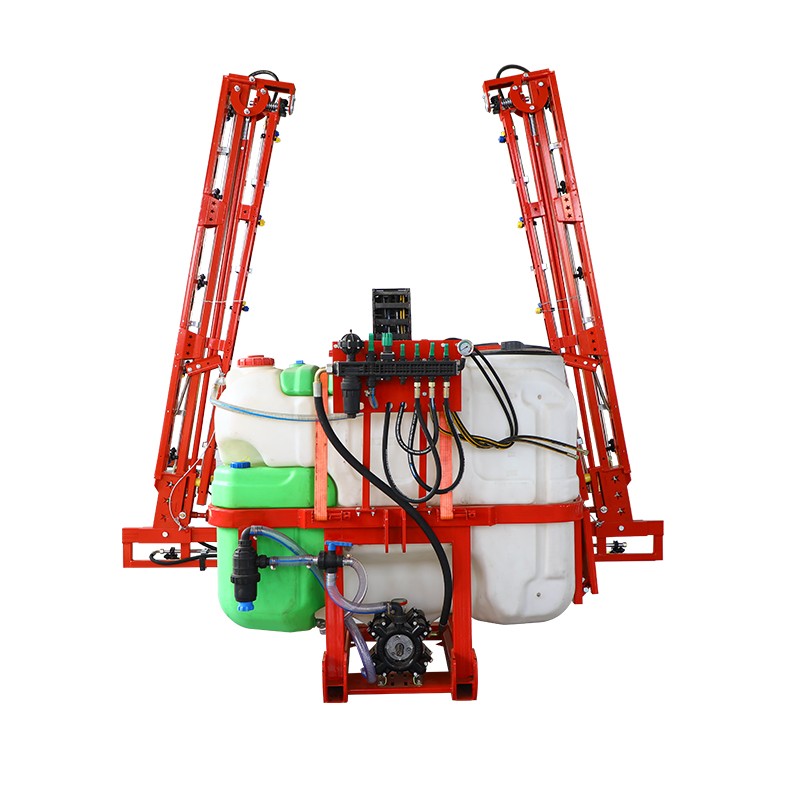What is an agricultural sprayer?
2024-04-15
An agricultural sprayer is a piece of equipment used in farming and agriculture to apply liquid pesticides, fertilizers, herbicides, and other agrochemicals to crops. It is designed to evenly distribute these substances over a large area to control pests, diseases, and weeds, as well as to provide nutrients to the plants. Agricultural sprayers come in various types and sizes, ranging from handheld sprayers for small-scale applications to large, tractor-mounted or self-propelled sprayers for commercial farming operations.

Key components of an agricultural sprayer typically include:
1. Tank: The tank holds the liquid solution to be sprayed. Tanks come in different capacities to suit the size of the spraying operation.
2. Pump: The pump pressurizes the liquid in the tank, allowing it to be sprayed through the nozzles. The pump may be powered by various means, such as electric, hydraulic, or PTO (power take-off) from a tractor.
3. Nozzles: Nozzles are the outlets through which the liquid is sprayed onto the crops. They come in different types and sizes, each suited for specific spraying tasks and achieving desired spray patterns and droplet sizes.
4. Spray Boom: In larger sprayers, a spray boom is used to extend the reach of the spraying operation. The boom is typically mounted on the rear or sides of the sprayer and can be raised, lowered, and adjusted for height and width to cover the entire field.
5. Controls and Monitoring Systems: Modern agricultural sprayers may be equipped with advanced controls and monitoring systems to regulate spray pressure, flow rate, and application rate. These systems can help optimize spraying efficiency, reduce chemical waste, and ensure accurate application.
6. Filters and Agitation Systems: Filters are used to remove debris and prevent clogging of the nozzles, while agitation systems help keep the liquid solution well-mixed in the tank to maintain uniform spraying.
Agricultural sprayers play a crucial role in modern farming practices by enabling efficient and targeted application of agrochemicals, thereby promoting crop health, yield, and quality while minimizing environmental impact and resource use.


